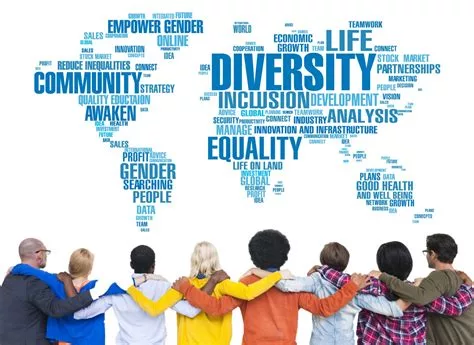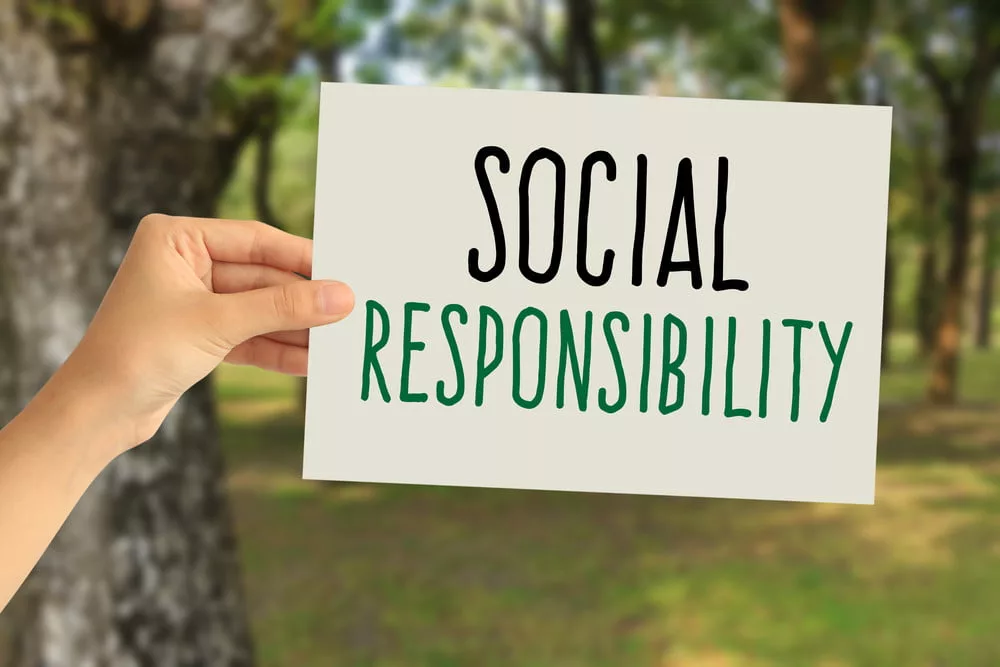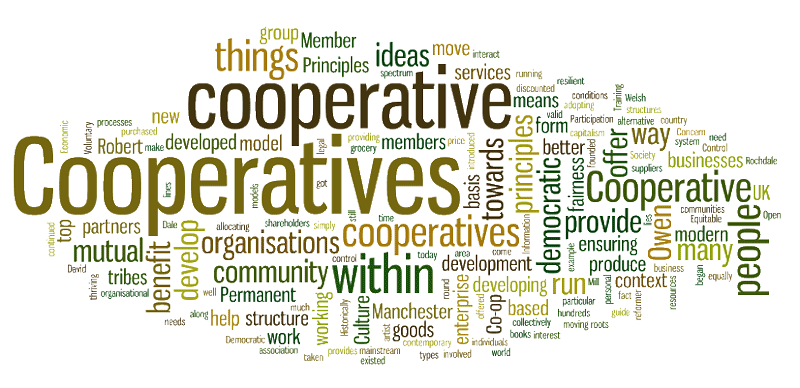
Definition of Cooperation
Cooperation is a social process in which people act together to achieve a common goal. It is a fundamental aspect of human society, and it is essential for the success of many human endeavors. Cooperation can take many different forms, and it can occur in a variety of contexts.

Structure of Cooperation
Cooperative relationships can be formal or informal. Formal cooperatives are typically organized as businesses or organizations with a clear structure and governance system. Informal cooperatives, on the other hand, are often less structured and may be based on personal relationships or a shared sense of purpose.
Members of Cooperation
The members of a cooperative can be individuals, groups, or organizations. The specific membership of a cooperative will vary depending on its purpose and structure. However, all members of a cooperative share a common interest in achieving the cooperative’s goals.
Goals of Cooperation
The goals of cooperation can be wide-ranging. Some common goals of cooperation include:
- Achieving economic benefits
- Enhancing social welfare
- Protecting the environment
- Promoting peace and justice
Forms of Cooperation
Cooperation can take many different forms. Some common forms of cooperation include:
- Business cooperatives: These are businesses that are owned and controlled by their members. Examples of business cooperatives include credit unions, agricultural cooperatives, and worker cooperatives.
- Non-profit cooperatives: These are organizations that are not-for-profit and are owned and controlled by their members. Examples of non-profit cooperatives include housing cooperatives, food cooperatives, and healthcare cooperatives.
- Government cooperatives: These are cooperatives that are owned and controlled by a government entity. Examples of government cooperatives include public utilities and social services cooperatives.
- International cooperatives: These are cooperatives that have members from different countries. Examples of international cooperatives include the International Cooperative Alliance and the World Council of Credit Unions.

Humanistic Development
Cooperation is essential for humanistic development. Humanistic development is a process that promotes the well-being of all people and creates a more just and equitable world. Cooperation can help to achieve humanistic development by:
- Reducing poverty and hunger
- Improving education and healthcare
- Promoting peace and democracy
- Protecting the environment
Cooperation is a powerful tool that can be used to create a better world for all. By working together, we can achieve great things.






